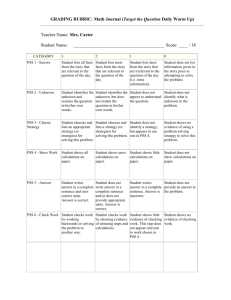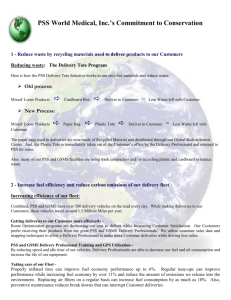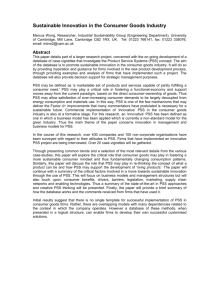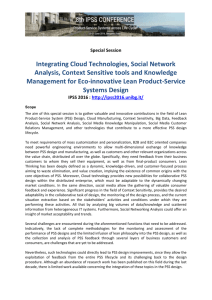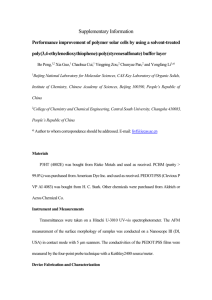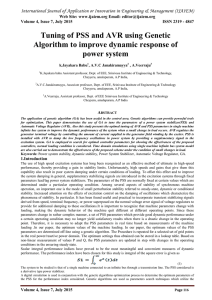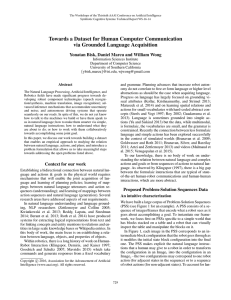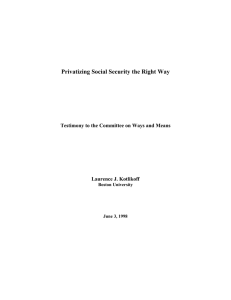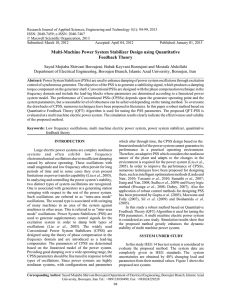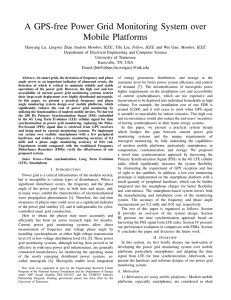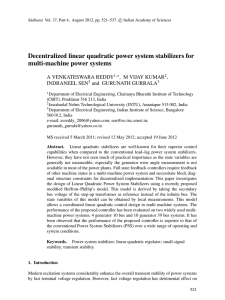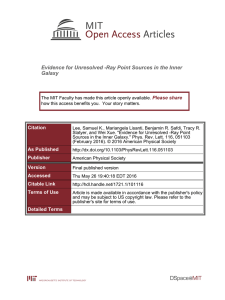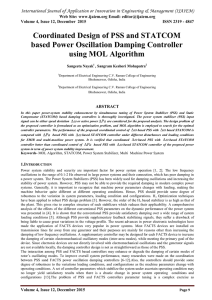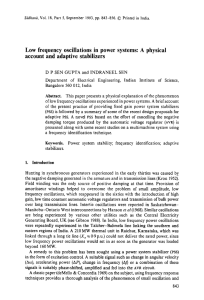National, UNFSS-supported Platform on Private Sustainability Standards in
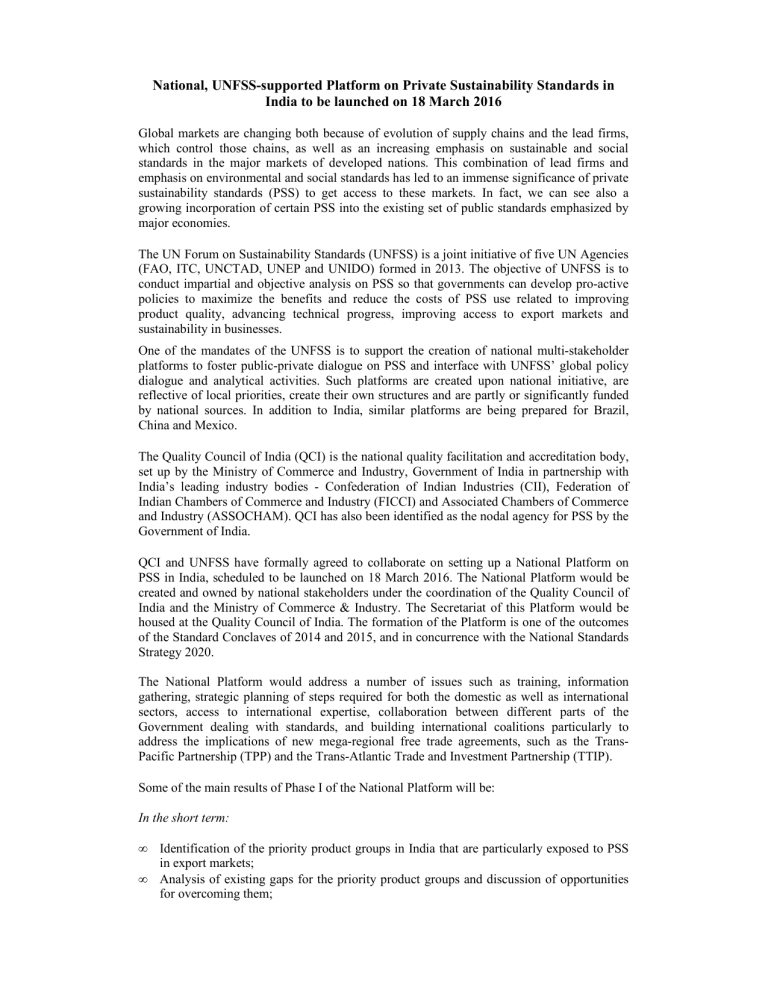
National, UNFSS-supported Platform on Private Sustainability Standards in
India to be launched on 18 March 2016
Global markets are changing both because of evolution of supply chains and the lead firms, which control those chains, as well as an increasing emphasis on sustainable and social standards in the major markets of developed nations. This combination of lead firms and emphasis on environmental and social standards has led to an immense significance of private sustainability standards (PSS) to get access to these markets. In fact, we can see also a growing incorporation of certain PSS into the existing set of public standards emphasized by major economies.
The UN Forum on Sustainability Standards (UNFSS) is a joint initiative of five UN Agencies
(FAO, ITC, UNCTAD, UNEP and UNIDO) formed in 2013. The objective of UNFSS is to conduct impartial and objective analysis on PSS so that governments can develop pro-active policies to maximize the benefits and reduce the costs of PSS use related to improving product quality, advancing technical progress, improving access to export markets and sustainability in businesses.
One of the mandates of the UNFSS is to support the creation of national multi-stakeholder platforms to foster public-private dialogue on PSS and interface with UNFSS’ global policy dialogue and analytical activities. Such platforms are created upon national initiative, are reflective of local priorities, create their own structures and are partly or significantly funded by national sources. In addition to India, similar platforms are being prepared for Brazil,
China and Mexico.
The Quality Council of India (QCI) is the national quality facilitation and accreditation body, set up by the Ministry of Commerce and Industry, Government of India in partnership with
India’s leading industry bodies - Confederation of Indian Industries (CII), Federation of
Indian Chambers of Commerce and Industry (FICCI) and Associated Chambers of Commerce and Industry (ASSOCHAM). QCI has also been identified as the nodal agency for PSS by the
Government of India.
QCI and UNFSS have formally agreed to collaborate on setting up a National Platform on
PSS in India, scheduled to be launched on 18 March 2016. The National Platform would be created and owned by national stakeholders under the coordination of the Quality Council of
India and the Ministry of Commerce & Industry. The Secretariat of this Platform would be housed at the Quality Council of India. The formation of the Platform is one of the outcomes of the Standard Conclaves of 2014 and 2015, and in concurrence with the National Standards
Strategy 2020.
The National Platform would address a number of issues such as training, information gathering, strategic planning of steps required for both the domestic as well as international sectors, access to international expertise, collaboration between different parts of the
Government dealing with standards, and building international coalitions particularly to address the implications of new mega-regional free trade agreements, such as the Trans-
Pacific Partnership (TPP) and the Trans-Atlantic Trade and Investment Partnership (TTIP).
Some of the main results of Phase I of the National Platform will be:
In the short term:
•
Identification of the priority product groups in India that are particularly exposed to PSS in export markets;
•
Analysis of existing gaps for the priority product groups and discussion of opportunities for overcoming them;
•
Review of best practice cases in India that already successfully comply with PSS and opportunities for their emulation in the priority product groups.
In the medium term:
•
Building a platform for regular dialogue, facilitating information exchange and strategic planning;
•
Develop targeted and product specific market access information;
•
Harmonization and improving conformity of domestic standards with international initiatives;
•
Work in coordinated manner with national supportive and flanking policies, and enhance their effectiveness;
•
Conduct assessments of the micro- and macro-economic impact of PSS use and seek ways to improve the impact of national efforts;
•
Help build domestic capacity in some crucial pillars of governmental support for PSS implementation ;
•
Identify key areas of research and assist in conducting such research for improving domestic abilities so as to have greater market access and enhance the attractiveness of domestic enterprises for FDI which would find it easier to build value chains within the host economy;
•
Work with QCI, with a very important focus especially on improving the capacity and operational conditions of small and medium-sized enterprises.
UNCTAD gratefully acknowledges financial support from the Swiss State Secretariat for
Economic Affairs SECO.
For more information please contact
– Mr. Santiago Fernandez de Cordoba, UNCTAD UNFSS coordinator,
Santiago.FernandezDeCordoba@unctad.org
– Mr. Arpit Bhutani, UNFSS India Focal point, Arpit.Bhutani@unctad.org
.

